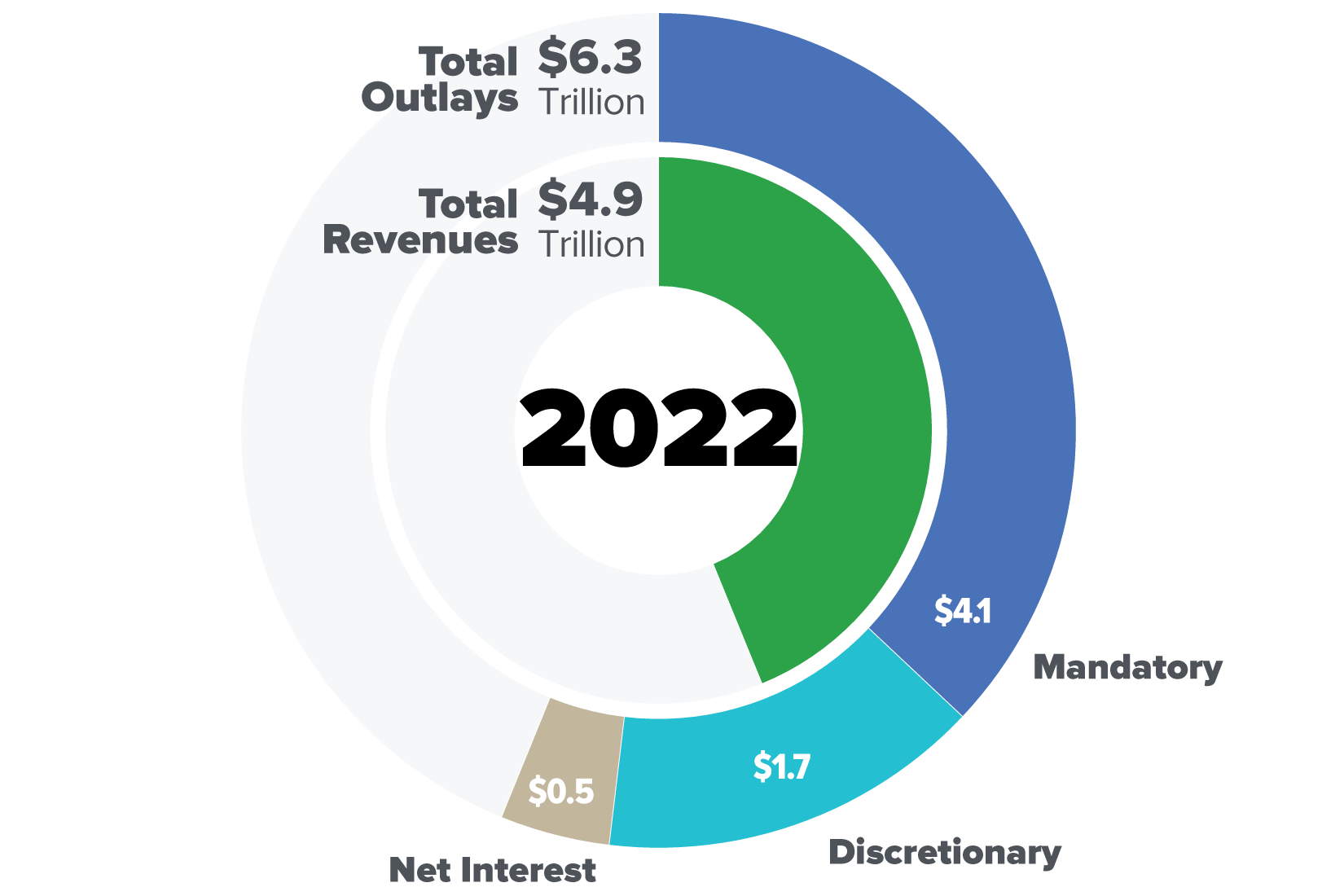Massive Tax Cuts Push National Debt to Unprecedented Levels
On July 4, 2025, President Donald Trump signed the "Big Beautiful Bill Act," a piece of legislation that further exacerbates the nation’s fiscal irresponsibility by adding a staggering $3.4 trillion to the national debt over the next decade. This comes at a time when the country is already grappling with a debt that some estimates suggest could reach an alarming $45 trillion by the end of Trump"s presidency in 2029.
Republicans Continue to Ignore Fiscal Responsibility
Despite their historic claims to fiscal conservatism, the Republican Party has abandoned any pretense of responsible governance. According to the Congressional Budget Office, the federal budget deficit for fiscal year 2025 is projected to hit $1.9 trillion. This is a significant increase fueled by tax cuts that disproportionately benefit the ultra-wealthy while leaving working families to shoulder the burden.

Us Congressional Budget 2025 - William Avery
Historical Context of Debt and Tax Policy
The irony of the current fiscal situation is that, just two decades ago, the U.S. was on a path to achieving balanced budgets. Under President Bill Clinton, the debt-to-GDP ratio was declining, and paying off the national debt seemed plausible. Fast forward to today, and we see a sharp divergence in fiscal policy. Trump’s tax cuts, which are touted as the largest in history, actually pale in comparison to the cuts made by Ronald Reagan in the 1980s, which included a balanced approach of tax increases to address rising deficits.
The Consequences of Irresponsible Tax Cuts
As reported by Brookings, Trump"s tax policies are expected to add an estimated $10 trillion to the federal deficit over the coming years. This reckless fiscal strategy not only undermines social safety nets but also puts programs like Social Security and Medicare at risk, potentially setting the stage for a future where these essential services could be gutted in a desperate attempt to stabilize the economy.

Us Presidential Candidates 2025 - Phil Trudie
Impact on Working Families and Social Services
The decision to prioritize tax cuts for the wealthy over investment in social services and infrastructure has dire implications for working families. With annual deficits ballooning, interest payments on the national debt have become one of the largest budget items, nearing $1 trillion a year. This diverts critical funding away from vital public services that support the most vulnerable in our society, including education, healthcare, and housing.
As economic inequality continues to rise, the burden of this fiscal mismanagement falls disproportionately on those least able to bear it. The disconnect between tax policy and the needs of everyday Americans is glaring, as Republicans continue to perpetuate the myth that cutting taxes for the wealthy somehow benefits the working class.







![[Video] Gunfire between Iraqi security forces and Sadr militias in Baghdad](/_next/image?url=%2Fapi%2Fimage%2Fthumbnails%2Fthumbnail-1768343508874-4redb-thumbnail.jpg&w=3840&q=75)
